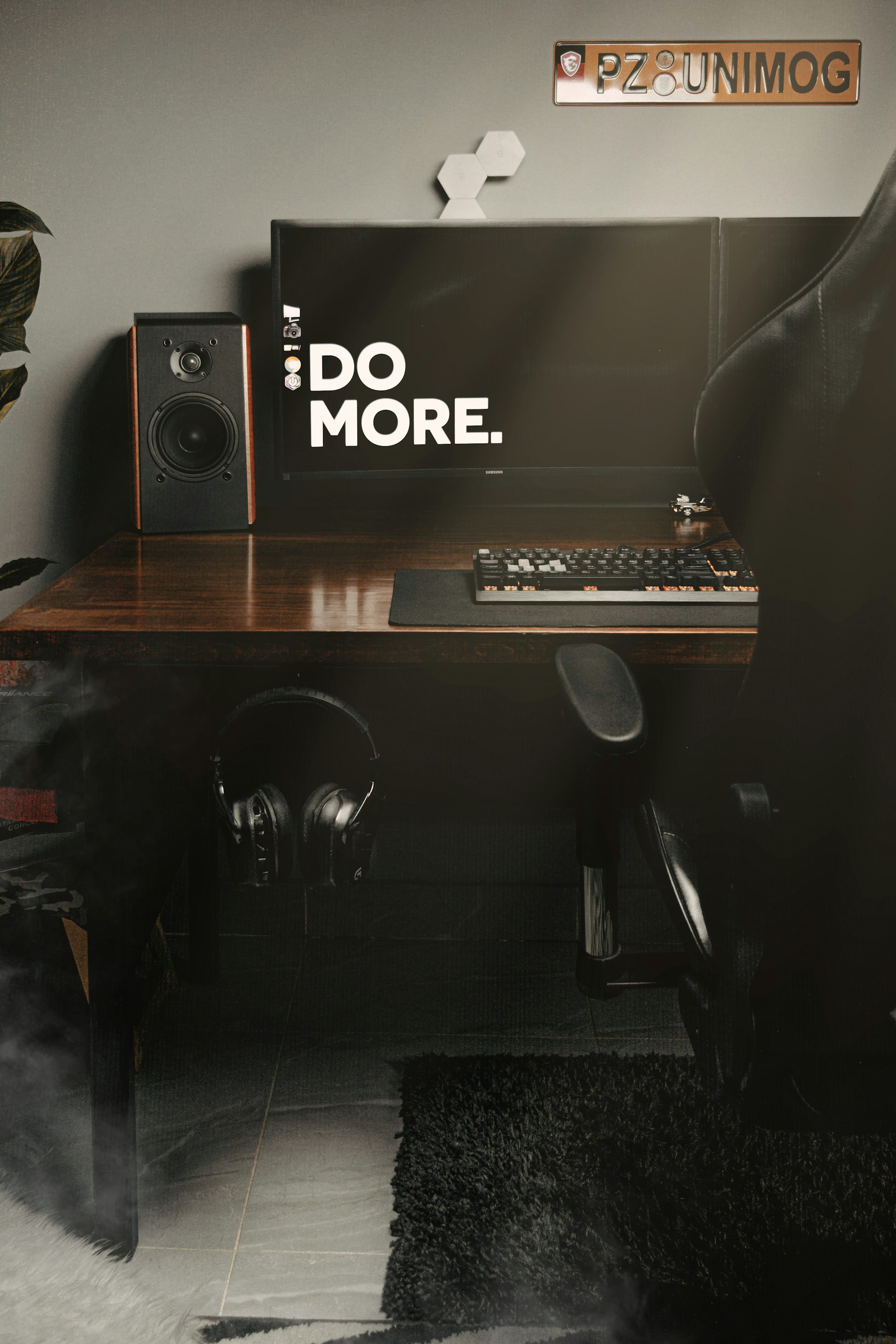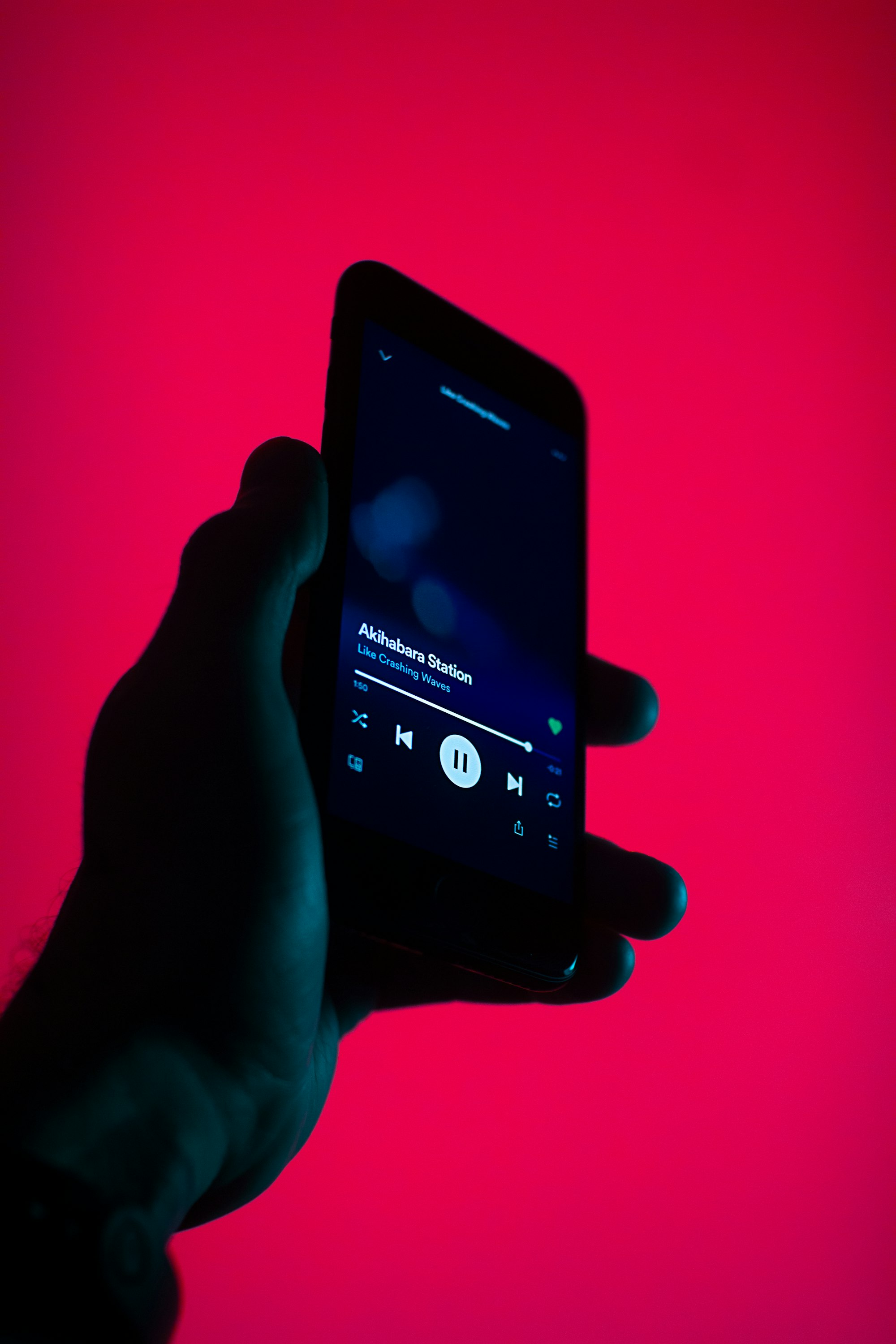No more excuses: why converting FLAC to MP3 is already in the past
When in 2001 Apple released iPod it changed everything. It was by far the best day for listeners and the doomsday for artists. The music has lost uniqueness since all we wanted was more and more, over and over again. The compression was a blessing and a curse. If previously, we had ten albums and were happy to enjoy those tens of tracks, now we are so spoiled by the quantity that we completely forgot about the quality. Compressed music is only 10% of what an artist was trying to do. It’s like reading a plot of a film on Wikipedia rather than going to the cinema. But anyway, some people were still left unsatisfied because of that loss, and that’s when FLAC came out, a sheer bliss so to say.
Since that time it’s been a thorny issue that iPod does not support FLAC (as well as built-in iPhone music player) which is by definition the best music format when it comes to quality of sound. Unfortunately, consumerism won, and converting FLAC to MP3 became a regular thing. Anyone preferring FLAC to MP3 is not necessarily an audiophile but people who like to enjoy the utmost of songs and do pay their respect to musicians who usually spend months and years in studios to make the most of the sound so that people could enjoy it.
Here I suggest top ridiculous reasons why people convert FLAC to MP3, and why they aren’t relevant any longer.
It takes too much space. Converting FLAC to MP3 is more efficient
Let’s face it. We all used to convert to MP3 for this reason. But is it relevant nowadays with all the clouds, portable hard drives and that when we have 32+ GB phones, not to say about computers? Obviously, it’s not. It might have worked in the early 2000s when you could show off with a 512 MB USB drives. There’s no debate it’s way better to have 20 HQ albums rather than spend the entire life complaining about some album that didn’t meet your sound expectation. Do you want to know why? Look at the file’s format.
It takes too much time to upload FLAC music files
And so does the time to convert FLAC to MP3. Just think about it for a second. At a time a file is being converted you’re literally killing some of your most favorite artist’s work of life. Instead, you could cherish and be respectful towards the sound. It's best to preserve what actually is there instead of making it even worse by cutting higher frequencies and adding digital artifacts to the sound just because you don’t want to wait a minute or two.
It is easier to find an MP3 rather than FLAC
My favorite and by far the most ridiculous excuse I’ve ever heard. First of all, how can it be easier when it all depends on what you type in the google search bar? It’s a mere matter of whether you prefer FLAC to MP3 or not, and also how much you crave for it.
Alright, if you are that lazy indeed, here is a list of most popular FLAC files databases:
HDtracks
Formats: FLAC, ALAC, AIFF, WAV
A huge music collection from old-school hip-hop to modern electronic sounds. So far the best source of HD music, owing to ten years experience of collecting and spreading music worldwide.
Addictech
Formats: FLAC, WAV, MP3
A great resource if you are familiar with words like rave and the drop. Even if you don’t, here’s a huge collection of electronic music with a separate section of free tracks. “Music is the drug.”
MusicZeit
Formats: FLAC, MP3
MusicZeit is a British online music seller. The main advantage is that for most albums there’s usually one (or even more) sample track to check out hat you are going to pay for.
More sources with High-Res music collections.
iTunes doesn’t support FLAC
The only good thing about MP3 is that you don’t ask yourself if it will play on your device, whatever the device is. That is somewhat of a fallacy: iTunes doesn’t support FLAC music files, but there are lots of HD music player, which were created for this exact purpose, like VOX music player for Mac and iPhone. It’s simple to use, affordable and the best – it preserves all of the quality.
I can tell the difference between FLAC and MP3 music files
Whatever format you prefer to listen to, from FLAC to MP3 to WAV, remember – THERE IS A DIFFERENCE. It’s just impossible to tell this difference if you have a combination of FLAC with a pair of hideous headphones, or even worse - a built-in stereo speaker.
Moreover, the ability to hear high frequencies is the one that you can develop. Don’t expect to be able to understand the full force of the sound the first time you move from FLAC to MP3. It’s like when you’ve never eaten anything spicy, and it’s completely unbearable. Then, as you eat more and more, you learn to enjoy this piquancy. The same happens with FLAC music files and your perception of it.
CONCLUSION
The era of FLAC music files has ultimately come, and it's time we all started listening to HQ sound and enjoy the vibes, no matter what device you use.
The times have changed, and old-fashioned excuses why transform FLAC to MP3 are no longer sensible. The next time you are going to convert FLAC to MP3 music files, remember that an MP3 is a ripped echo of what a song used to sound like since quality is irrevocably lost. Imagine it as if you were like a Caesar and sound quality is a gladiator - you either spare it or kill it.
Fortunately, there is a better way. Listen to HQ music, feel the ultimate sound and enjoy the vibes.






